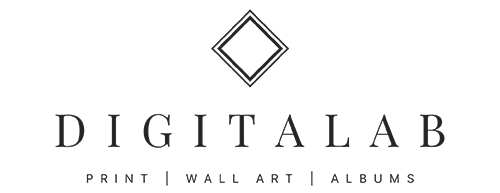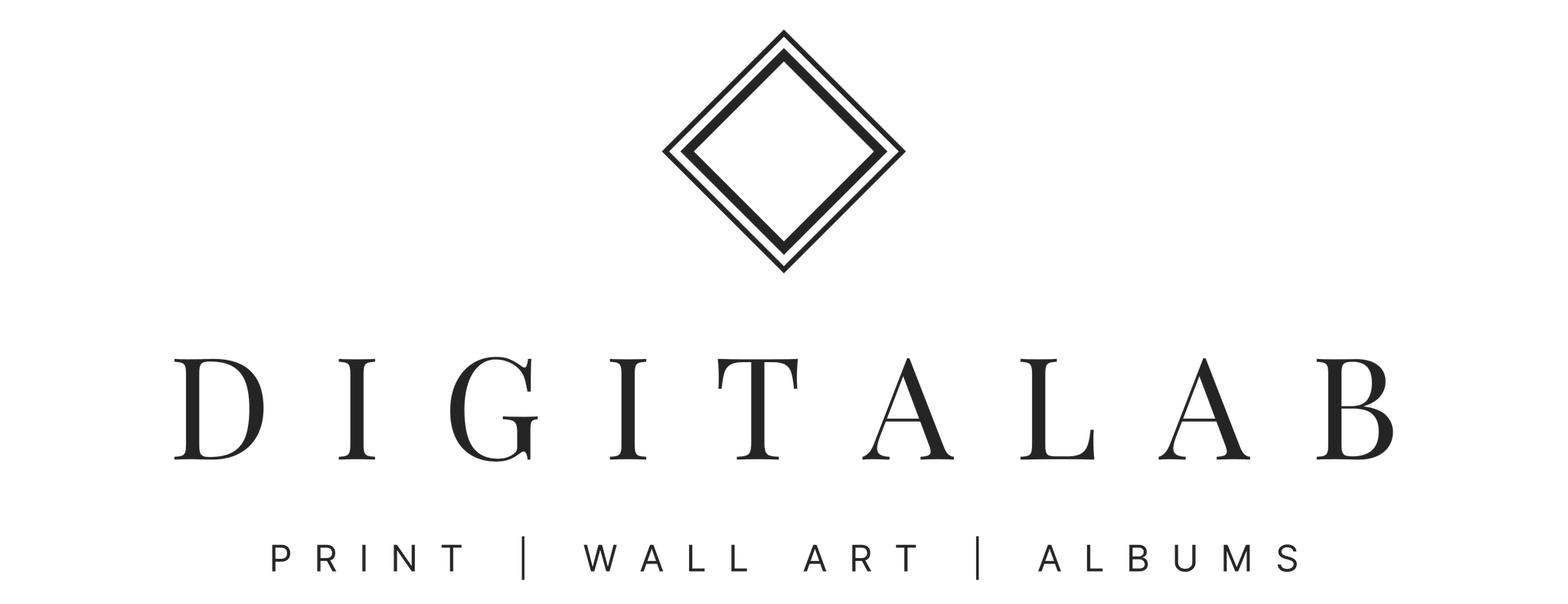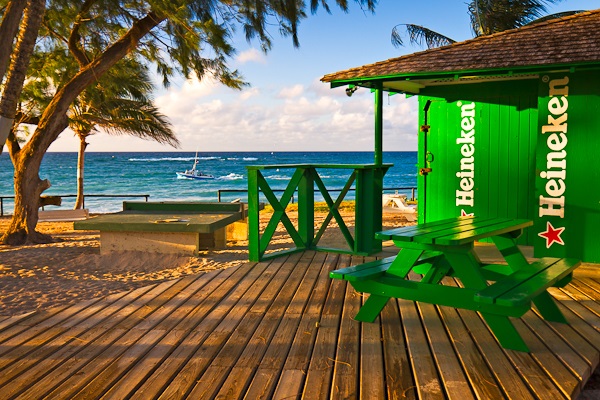Photographic Tech: Colin Boulter
At Digitalab, we’re a bunch of photography fanatics and can’t resist an opportunity to nerd out. That’s why we’ve decided to talk to our favourite photographers about one thing we’ve definitely got in common – and that’s professional photography. This time we’ll be getting down to the technicals, and we’ve asked Colin Boulter of Neilson Reeves Photography for a look inside his photographic toolkit – to figure out just how he finds his perfect shot.
What’s your camera of choice?
The cameras I use at the moment are Canon 5D Mark II and I have 2 of them. They used to be my camera of choice, but I think I am quickly growing out of them and would love to move up to Medium Format Digital back, such as a Leaf with a modular medium format camera system of Phase One/Mamiya. But sometimes choice is restricted by budget and business sense, and I can’t quite justify the jump in cost of ownership of a medium format camera system.
Which photographic gadgets couldn’t you live without? And are there any you regret ever buying?
Not sure reflectors come under the title of ‘gadget’, but if they do, I couldn’t live without my Westcott 6 in 1 reflector diffuser kit.
There are loads of gadgets I regret buying, and most of these purchases happened early in my photography career. While you are learning photography, it is easy to fall into the gadget trap – and think that these gadgets will make your photography better or look similar to the professional you follow and aspire to emulate.
What’s your go-to lens, and why?
I love prime lenses due to sharpness and image quality, and my go to lens tends to be Canon 85mm 1.2. This is because I shoot lots of actor and corporate headshots and this lens is perfect for this type of work. My second go to lens is Canon 50mm 1.2.
You’re in the field – what are your settings?
I try to stay out of fields because my hay fever plays up and I hate grass stains. But seriously, I mainly shoot Manual with my ISO as low as it will go while I hand-hold the camera.
Which gear do you never travel without?
I think first of all I would advise all photographers not to travel without their camera. Other equipment depends on the work I will be doing. As I do a lot of corporate work, I suppose I would never travel without some sort of off-camera flash system, speedlights, Ranger Quadra and Bowens Explorer. The size of job will determine the kit I choose.
What software or tools do you use post-processing?
All of my images are imported into Lightroom and then I use a combination of Photoshop, Nik Filters and On One Software Perfect Photo Tools.
Which professional photographers inspire or influence your work?
There are loads of great photographers out there, and over the years I have taken inspiration from lots of them. At present, I really like Peter Hurley as he is a fellow headshot photographer. These days, when you look at some photographers’ work, it’s hard to say what you actually like about them. What I mean is, are they great photographers or great digital artists/Photoshop wiz kids?
I think I am a bit of a purist and love simple images that are well lit, capture emotion and speak to the viewer. Too much Photoshop dilutes the message and it can quite easily become digital art.
How do you improve your photography skills?
Training OCD. I genuinely think I am obsessed with photographic training and study. As a photographer, I think we are like doctors, always practising but never complete. What happens is you tend to raise your own bar or your eyes acclimatise to higher and higher standards, so you always pursue the perfect image and get bored of stuff you used to be proud of.
What’s some advice you’d give to a first-timer that you wish you had known starting out?
- Do not pick up a camera as a short cut to what you perceive as an easy and glamorous job because, when you fail, you tend to make a mess of the market and bring prices and industry standards down and then decide it’s not for you. The damage you do to our industry is immeasurable.
- Train, study, train, study and then train some more.
- Always have your camera with you.
- Offer your services for free while you’re not consciously competent – this way, you get a portfolio, the customers expectations are lower, and you’re under less pressure while you learn.
- Study light, light and more light. Study its colour, quality, intensity and how it effects everything we see.
- Don’t fall into the gadget trap, because most great images are produced with light and a camera.


